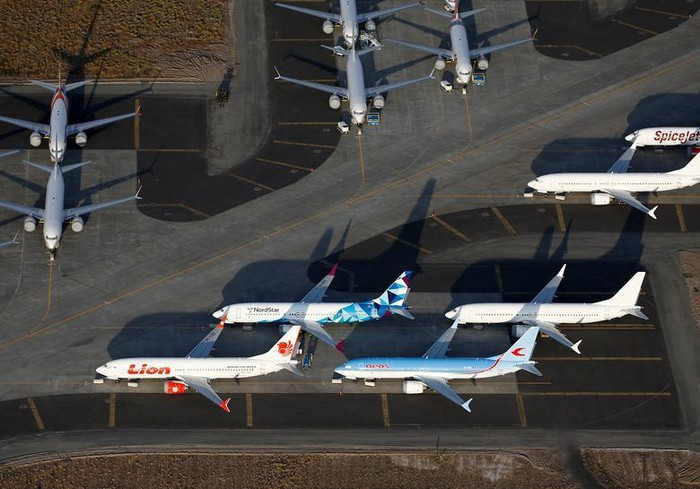The federal criminal investigation that is currently trying to make sure Boeing's 737 MAX jet gets back safely to the skies, faced a major turning point when a filed complaint of a company engineer, who helped in the development of 737 MAX jet, gave way to the disclosure that the airplane manufacturer's internal culture doesn't encourage criticism, internal debate and even learning from crashes.
Boeing's 737 MAX had been grounded since March of this year after the second of its two fatal crashes happened in a span of only five months.
Likewise, Curtis Ewbank, the engineer involved said that Boeing's managers prioritize controlling costs and schedules instead of safety.
Ewbank cited in the complaint the "suppressive cultural attitude towards criticism of corporate policy" especially on those that involve "analysis of fatal accidents."
Because of this, employees' "safety culture at Boeing" gets a "negative effect."
Insiders say the disclosure of Ewbank's complaint came to the surface after Boeing turned over thousands of documents to authorities as part of the investigation.
Insiders pointed out that the company hasn't been accused of any wrongdoing.
The company stayed mum on the complaint but a spokesman stressed that "Safety, quality, and integrity are at the core of Boeing's values."
The spokesman also added that Boeing gives employees channels for raising complaints and concerns with processes in place so a full consideration is given to the complaint or concern.
Boeing's complaint process also entails the protection of the confidentiality of employees who raised them.
Another engineer backs up Ewbank's 5,000 word-complaint and stated that Boeing managers had been downplaying safety threats over the years with the cost getting cited as the reason for rejecting proposed design enhancements.
An example cited by Ewbank in the file involved a synthetic airspeed wherein he proposed adding to the 737 MAX for enhancing safety.
Obviously rejected, Ewbank is under the impression it has something to do with the additional costs it will give Boeing because of the additional training needed by the pilots.
However, someone close to the company said that managers decided against Ewbank's safety proposal because its potential benefits weren't clear and the system would have significant complications with how the faulty sensor data would trigger the flight-control system, the MCAS.
Ironically, the MCAS is the one that investigators are blaming for the Lion Air and Ethiopian Airlines crashes.
Still, Ewbank states that because of the "complex nature" of the accidents, "It is not possible to say for certain" that his proposed synthetic airspeed on the 737 MAX would have prevented the crashes.
Ewbank left Boeing earlier in this decade.





